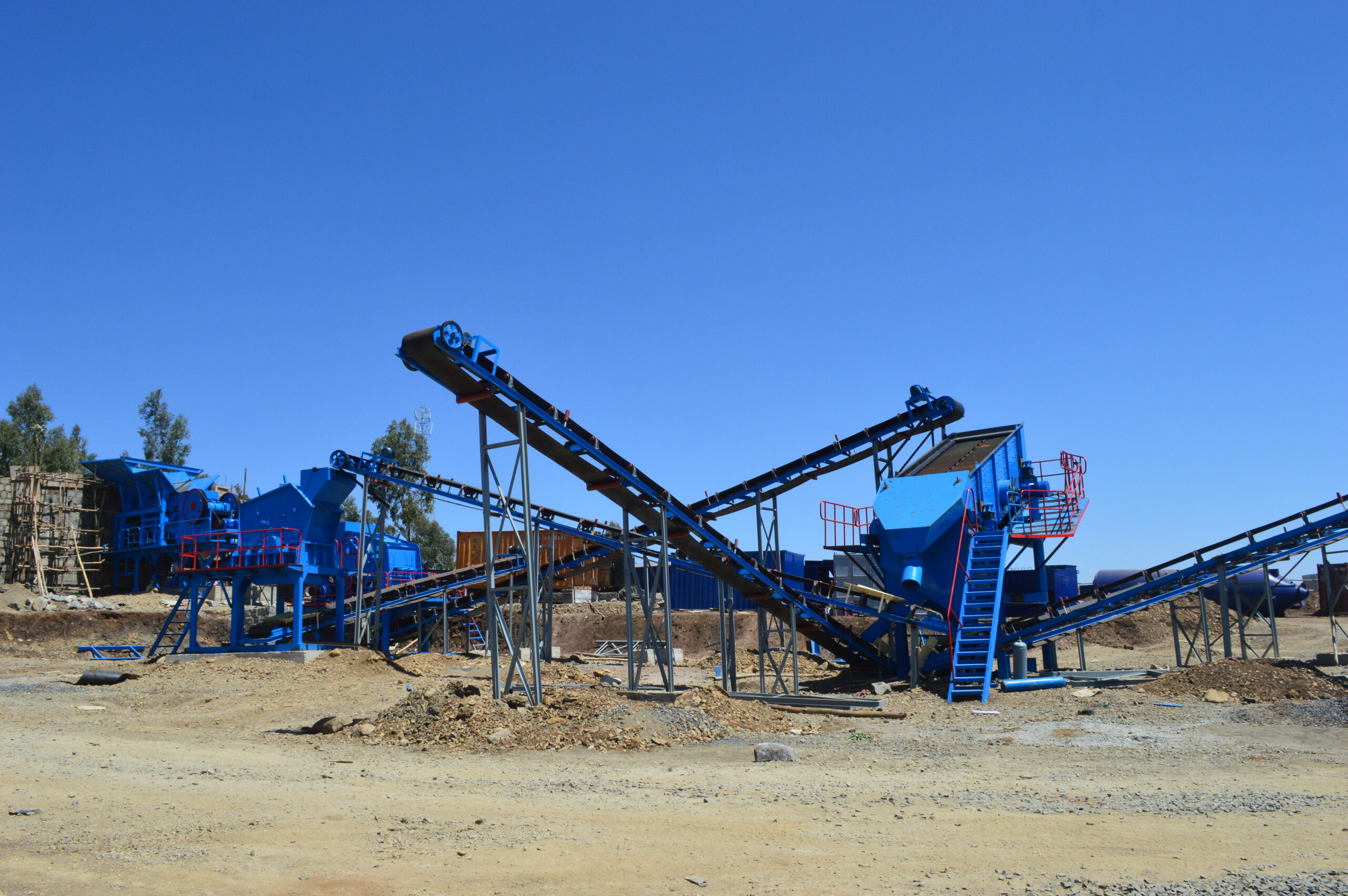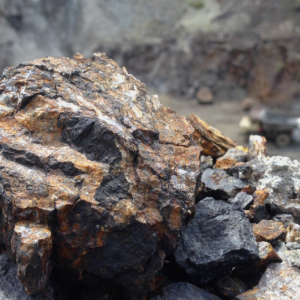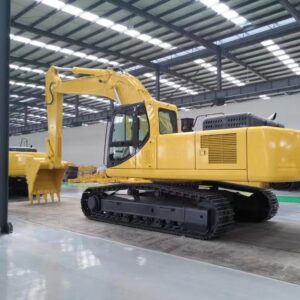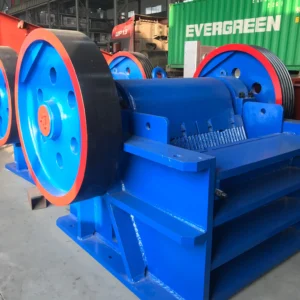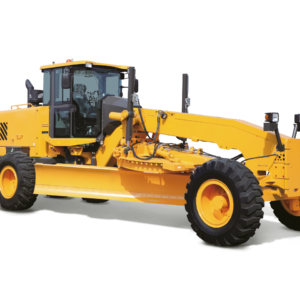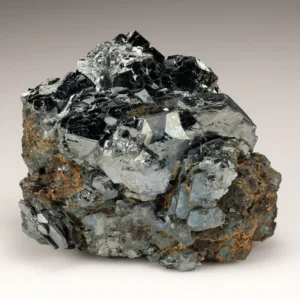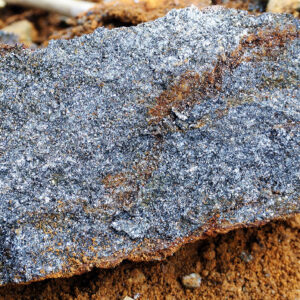Description
Configuration
The main equipment of this production line includes a pe600x900 jaw crusher, a PYB1200cone crusher, a 2YK2475 vibrating screen, and a VSI1150 sand-making machine.
| Equipment configuration | Hopper, ZSW960x3800 vibrating feeder, PE600x900 jaw crusher,PYB1200/CS110 cone crusher (or impact crusher), VSIX1150 sand making machine, Vibrating screen, Sand recycling machine, Belt conveyor. |
| Raw materials | Limestone, Granite, Basalt, Quartz, River stone etc. |
| Feed Size | Less than 500mm |
| Finished product | Fine sand 0.25-0.35mm, medium sand 0.35-0.5mm, coarse sand 0.5mm |
| Capacity | 100-150t/h |
| Application | In sand quarry, mine, construction site, highway, road and bridge construction, concrete mixing station, water conservancy and hydropower, chemical industry and other industries. |
| Advantages | High production efficiency and low operating cost; Multi-functions and Flexible application; Good shape of finished sand and fineness is adjustable. |
Equipment
PE600x900 jaw crusher:
• As primary crushing equipment, it can effectively handle large stones and crush them to a particle size suitable for further crushing.
• PE600x900 means that its inlet width is 600mm and its length is 900mm, which is suitable for medium and large sand-making production lines.
PYB1200 cone crusher:
• As secondary crushing equipment, the cone crusher can perform medium and fine crushing of the materials processed by the jaw crusher.
• PYB1200 represents its larger processing capacity and is suitable for processing medium-hard stones.
2YK2475 vibrating screen:
• Vibrating screens are used to screen crushed materials and separate materials of different particle sizes.
• 2YK2475 indicates that the vibrating screen has two layers of mesh with a size of 2400mm x 7500mm, which can meet large-scale screening needs.
VSIX1150 sand-making machine:
T• he sand-making machine is the core equipment of the entire production line, responsible for turning the crushed materials into sand that meets the requirements.
• VSI1150 represents its larger processing capacity and can meet the production needs of 100-150t/h.
Introduction
A Sand Making Production Line is primarily used for producing sand and aggregates for construction and various other industries. Here are some of its key uses:
- Construction Industry:
- Concrete Production: Sand is a key component in concrete mixtures used in the construction of buildings, bridges, roads, and other infrastructure projects.
- Masonry Work: Sand is used in mortar for bricklaying and stonework.
- Plastering: Fine sand is used in the preparation of plaster for walls and ceilings.
- Manufacturing of Building Materials:
- Asphalt Production: Sand is mixed with asphalt to produce a durable surface for roads, parking lots, and airport runways.
- Glass Manufacturing: High-purity silica sand is used in the production of glass.
- Industrial Applications:
- Casting and Foundry: Sand is used in metal casting processes to create molds and cores.
- Fracking: Sand is used in hydraulic fracturing to extract oil and natural gas from rock formations.
- Recreational and Landscaping Uses:
- Golf Courses and Sports Fields: Sand is used in the construction and maintenance of golf courses and athletic fields.
- Landscaping: Sand is used in gardens, playgrounds, and for creating artificial beaches.
- Environmental and Agricultural Applications:
- Water Filtration: Sand is used in water purification systems to filter out impurities.
- Soil Conditioning: Sand is mixed with soil to improve drainage and aeration for agricultural purposes.
- Specialized Products:
- Silicon Production: High-purity quartz sand is used to produce silicon for electronics and solar panels.
- Abrasives: Sand is used in sandblasting and as an abrasive material for cleaning and smoothing surfaces.
- Infrastructure and Road Construction:
- Railroad Ballast: Sand and gravel are used to support railroad tracks.
- Pipe Bedding: Sand provides a stable bed for laying pipelines and cables.
- Restoration Projects:
- Beach Nourishment: Sand is used to replenish eroded beaches and protect coastal areas.
